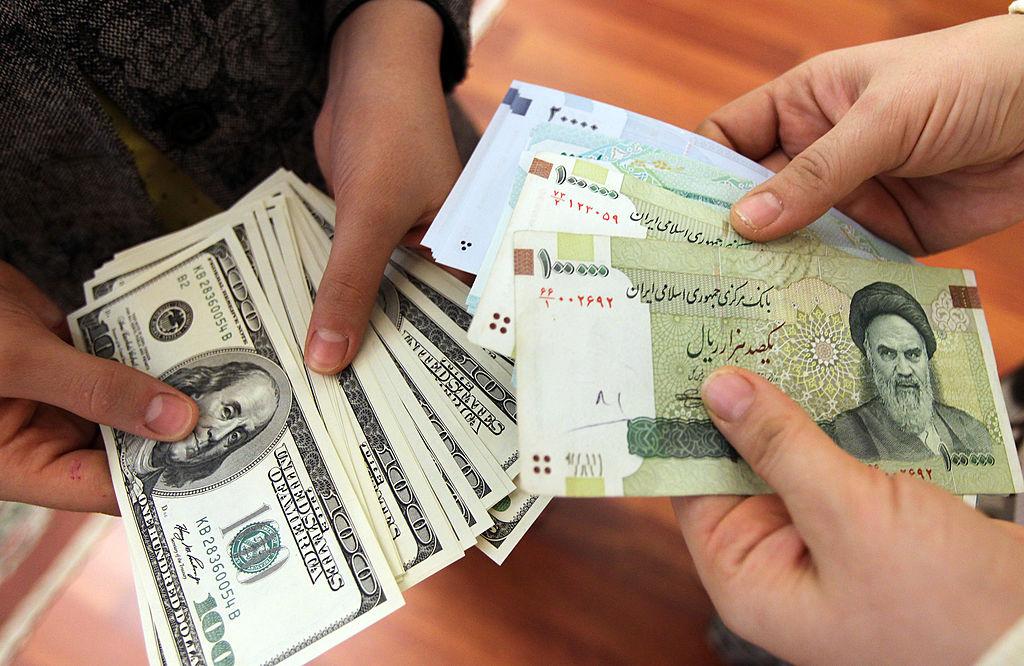Iran to stop using US dollar in response to Donald Trump's 'Muslim ban'
Central Bank decision fraught with risk for Iran’s oil revenues, analysts say

Your support helps us to tell the story
From reproductive rights to climate change to Big Tech, The Independent is on the ground when the story is developing. Whether it's investigating the financials of Elon Musk's pro-Trump PAC or producing our latest documentary, 'The A Word', which shines a light on the American women fighting for reproductive rights, we know how important it is to parse out the facts from the messaging.
At such a critical moment in US history, we need reporters on the ground. Your donation allows us to keep sending journalists to speak to both sides of the story.
The Independent is trusted by Americans across the entire political spectrum. And unlike many other quality news outlets, we choose not to lock Americans out of our reporting and analysis with paywalls. We believe quality journalism should be available to everyone, paid for by those who can afford it.
Your support makes all the difference.The Iranian government will no longer use the US dollar in official statements or for financial reporting, local media has reported.
The governor of the Central Bank of Iran, Valiollah Seif, made the announcement on Friday, adding that the country would switch to another common foreign currency or a basket with a ‘high degree of stability” for all financial and foreign exchange reports.
The decision will go into effect at the beginning of the new fiscal year in March.
The move comes in the wake of US President Donald Trump’s temporary travel ban for citizens of Iran and six other Muslim countries, which has sparked outrage worldwide and the threat of retaliatory measures from several affected countries.
Iran has already taken the “reciprocal measure” of cancelling all future visas for visiting American citizens.
Relations were further tested by confirmation that Iran conducted a mid-range ballistic missile test over the weekend, which Iran’s foe Israel called a on the US to ensure “did not go unanswered.”
The country’s Defence Minister Hossein Dehghan reiterated on Wednesday earlier claims that the missile was not designed to carry nuclear warheads and therefore did not breach the terms of the 2015 nuclear deal.
Iran does hardly any trade with the US thanks to decades of economic sanctions. The rial saw record lows against the dollar after Mr Trump’s election victory, plunging to 41,600 to the dollar at the end of December.
It is unclear whether the Central Bank will now pick up the Euro or currencies of trade partners China, Russia, Turkey, Azerbaijan or Iraq.
Iran’s most important export - oil - is priced in US dollars, which could complicate the proposed changes. Exchanging currencies on expected oil revenues of $41 billion (£32 billion) this fiscal year could jeopardise earnings, analysts have said.
Join our commenting forum
Join thought-provoking conversations, follow other Independent readers and see their replies
Comments